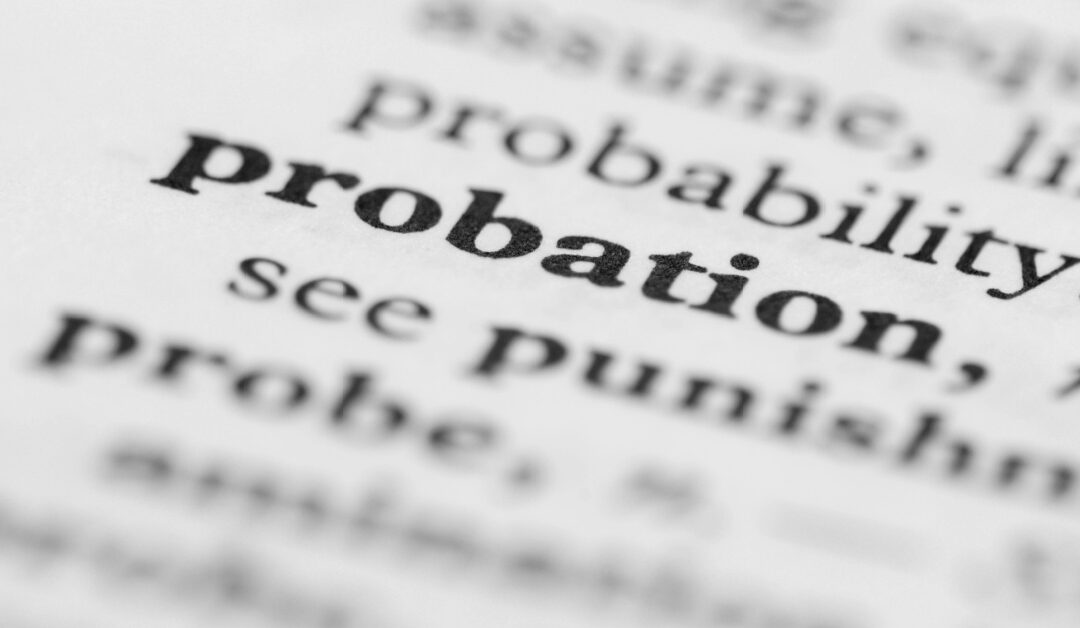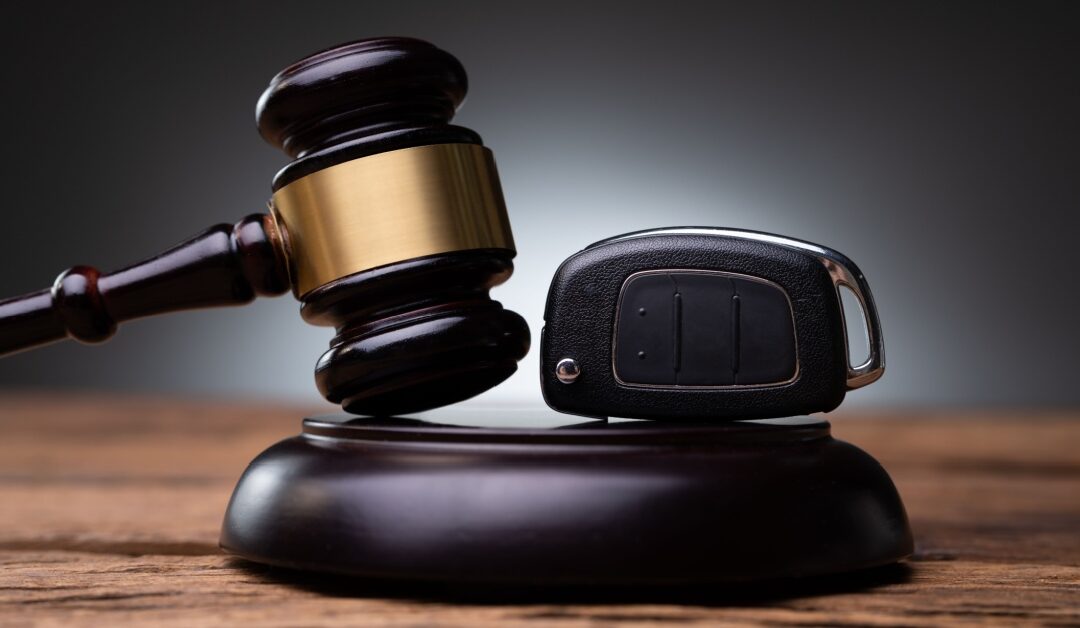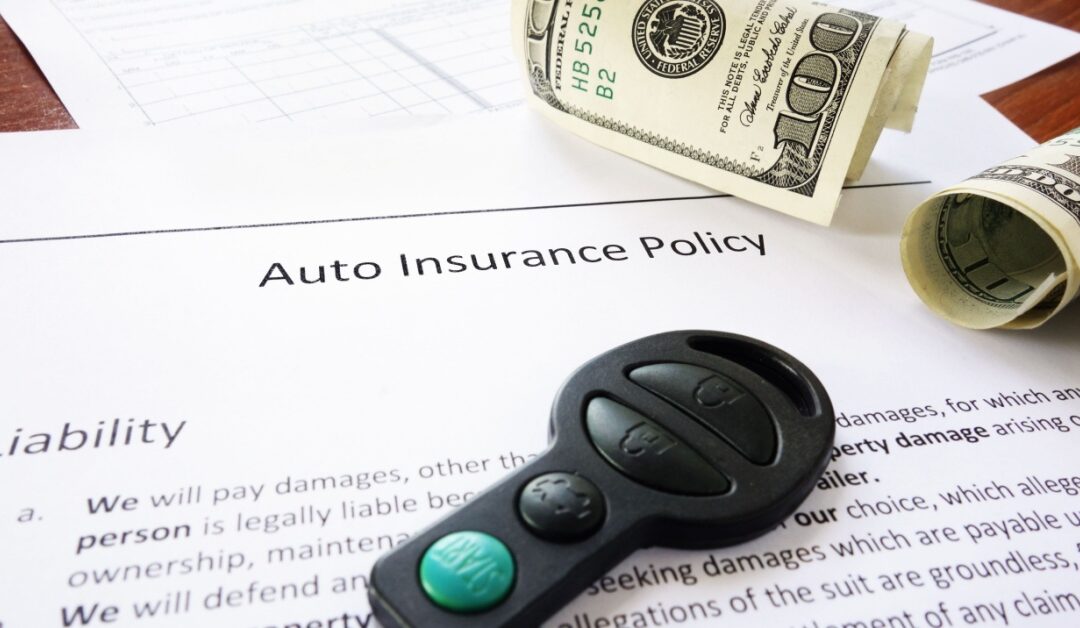
Probation for a DUI in South Carolina: Should You Seek It?
If you are facing a driving under the influence (DUI) charge in South Carolina, you have several options available. One of these options is to plead guilty (though, as we have discussed previously, this is not your best option). Another option is to plead “no contest” (which also isn’t recommended). You can also fight your DUI in court, and if a favorable outcome in court is unlikely, you can focus on negotiating a plea bargain instead.
When negotiating a plea bargain (or going through the sentencing process after a guilty verdict), your goal should be to minimize the consequences of your arrest to the fullest extent possible. Since jail time is a possibility, does this mean trying to secure probation? The short answer is, “It depends.”
Consequences of Probation in a South Carolina DUI Case
Before you set your sights on probation in your South Carolina DUI case, it is crucial to understand what it means to be on probation. The South Carolina Department of Probation, Parole, and Pardon Services has established Standard Conditions of Probation. While judges have leeway to depart from these standard conditions, you can expect them to apply in most cases.
South Carolina’s Standard Conditions of Probation include:
- Reporting to the South Carolina Department of Probation, Parole, and Pardon Services on the day of your sentencing or release;
- Making “complete and truthful reports” to your parole officer as instructed;
- Working “diligently at a lawful occupation” and notifying your parole officer if you become unemployed;
- Obtaining your parole officer’s approval before changing your residence or employment;
- Not using controlled substances (except as prescribed) and not consuming alcoholic beverages “to excess;”
- Not possessing any guns or other weapons;
- Not associating with anyone who has a criminal record;
- Not violating the law, and notifying your parole agent immediately if you get arrested;
- Paying all fines, restitution, and other amounts due as part of your sentence and,
Submitting to urine and blood testing upon request.
If you are confident that you can meet these requirements for your probationary period, then seeking probation might be a good option in your South Carolina DUI case. However, you will want to consider other options if you are not confident you can meet these requirements. If you violate the terms of your probation after a DUI, you can face additional penalties (including jail time) for your DUI conviction and extra penalties for your probation violation.
When Should You Seek Probation for a DUI?
With this in mind, when should you seek probation for a DUI in South Carolina? This is a critical decision that requires careful consideration. To ensure that you make the right decision with your long-term best interests in mind, you will want to discuss all of your options with an experienced DUI lawyer. When you sit down with a lawyer, your lawyer will help ensure that you put all options on the table, and your lawyer will help you choose the best option based on your case’s specific facts and circumstances.
While seeking probation in your South Carolina DUI case might be your best option, it also might not. For example, in addition to ensuring that you are confident in your ability to satisfy the Standard Conditions of Probation, you should also ensure that:
- You Aren’t Eligible for Pre-Trial Diversion – Another option we haven’t yet mentioned (because it isn’t available in all cases) is entering a pre-trial diversion program. If you qualify, entering into a pre-trial diversion program will allow you to have your DUI charge dismissed without further consequences—even if you were driving drunk. Completing a pre-trial diversion program is similar to being on probation in many respects. Still, the long-term benefits are worth it if the alternative is having a DUI on your permanent record.
- You Can’t Negotiate a Plea Bargain for a “Wet Reckless” – While negotiating your penalties is one option when seeking a plea bargain in a South Carolina DUI case, another option is to negotiate your charge. In many cases, prosecutors will be willing to reduce a DUI charge to a reckless driving charge, which is commonly referred to as a “wet reckless.” Not only are the penalties for a wet reckless far less severe than the penalties for a DUI, but the long-term consequences of a wet reckless conviction are far less severe as well.
- You Don’t Have Grounds to Fight Your DUI Charge in Court – If you have grounds to fight your DUI, you should not accept probation or any other penalties. Instead, it would be best if you worked with your DUI lawyer to seek dismissal of your DUI charge in court. There are several ways to fight DUI charges in South Carolina, from disputing your level of intoxication or impairment to keeping the prosecution’s evidence out of court.
Regardless of which option is best, it would be best to take action promptly. You need to make sure you attend your first court date, and you also need to make sure to request an administrative hearing if you want to have any chance of protecting your ability to drive. Additionally, the sooner you hire a DUI lawyer to represent you, the sooner your lawyer can get to work on your case—and the sooner you can achieve a resolution that allows you to move on with your life.
Discuss Your Options with Rock Hill, SC DUI Lawyer Michael L. Brown, Jr.
Are you facing a DUI charge in South Carolina? If so, we strongly encourage you to contact us to discuss your options before you make any decisions that could impact your future. To speak with Rock Hill, SC DUI lawyer Michael L. Brown, Jr. about your case in confidence as soon as possible, call 803-328-8822 or tell us how we can reach you online now.





